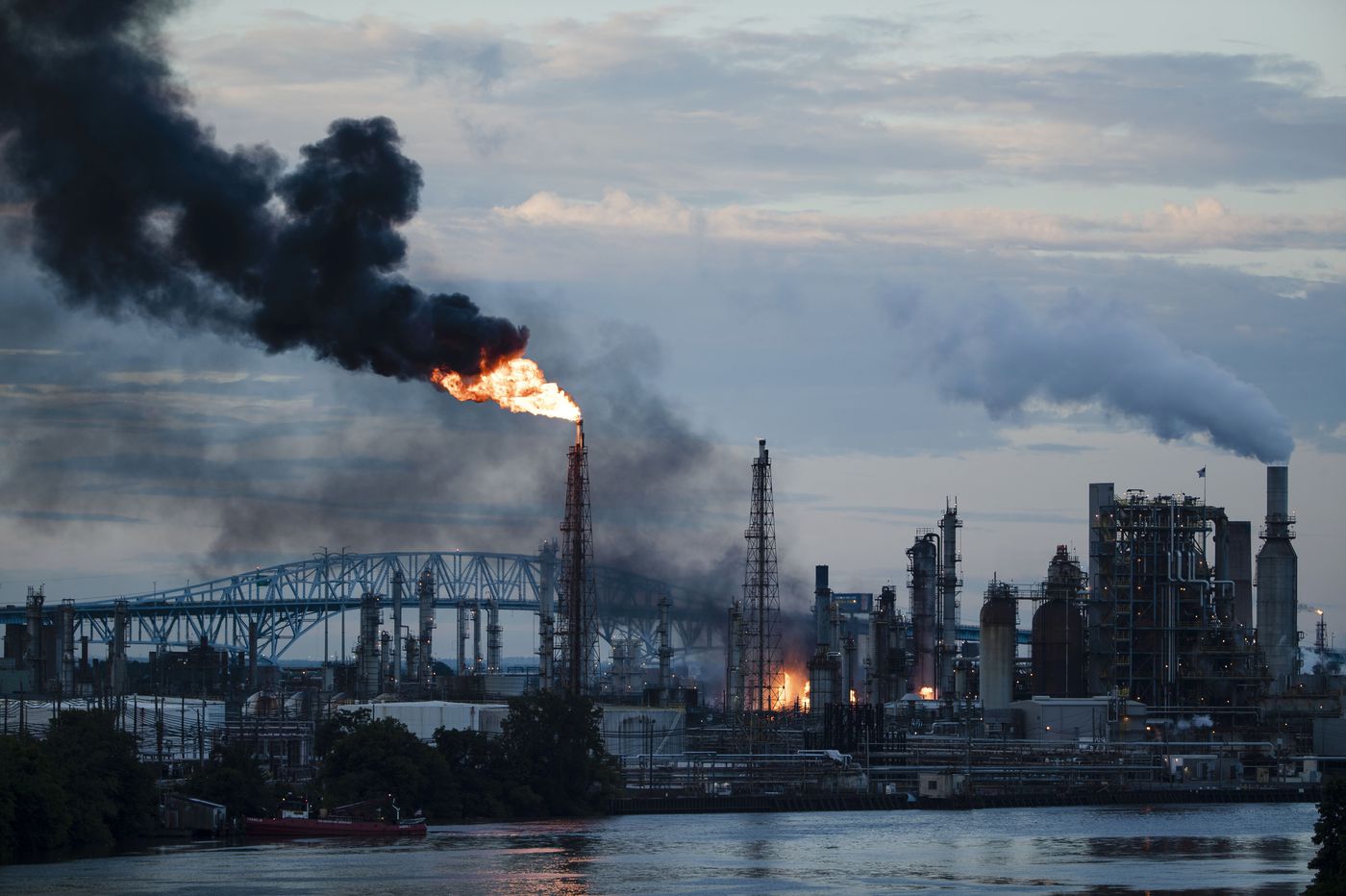As we examine today’s “Big Oil” and look to move into a future of sustainability and one where oil companies implicate more regulations in order to make the industry more eco-friendly, it is important to look at how the oil industry got to where it is today. By examining how we got to where we are, it will show further why oil companies are so reluctant to change their ways despite the mounting scientific evidence that calls for change.
John D. Rockefeller, widely considered to be the wealthiest man in American history and the world’s first billionaire, made his fortune by revolutionizing the oil industry. In 1870, Rockefeller formed the Standard Oil Company; his company quickly grew to a monstrous size, controlling over 90% of America’s refining capacity, pipelines, and gathering systems by the end of the decade. The company eventually grew until the U.S. Supreme Court declared it a monopoly in 1911, accusing Standard Oil of using aggressive prices to destroy competitors and threaten other businesses. With this declaration, Standard Oil was split into 34 different companies in hopes to reduce monopolization in the oil industry and promote more market competition.

Around the time Rockefeller completely revolutionized the oil industry, it quickly became one of the most profitable fields to get into. Although Standard Oil was dissolved, its successor companies continued to dominate the oil industry (and continue to do so today). Although the companies have morphed and changed over the years, some of the highest earning companies in the world are direct descendants of Standard Oil, including ExxonMobil, Amoco, and Chevron. While their competition allows the market to be much freer than it was a century ago, these companies still continue to amass massive profits. Long story short, the oil industry has a long, time-enduring history of earning large profits and rapidly expanding. The most recent United States oil refinery, built in 2018 and opened in 2019 in Channelview, Texas, shows that oil companies are still continuing along the path that they have traveled for so many years. Despite the emission of smog, air pollutants, and many nasty gases, oil refineries continue to be built. Although companies promote and advertise their advancements with different environmentally-friendly energy sources, their actions are still overshadowing their words. It is hard to pull away from such a profitable practice that has dominated the economy, as well as American politics, for so long. As some of the most powerful companies in the country and even on a global scale, they are afraid to give up what they do so well: oil refining. So, how far will oil companies go before they realize that they must change their practices? Or is it too late?

The oil business is huge, and many people despise it because it has been so dominant for so long. However, like it or hate it, one has to admit the oil business has been instrumental in changing how we view big businesses and more importantly, how we view the environment. The unfortunate thing is that oil dominates our lifestyles, and it has been so ingrained into our daily schedule. Without oil, we simply would not be living the same life. However, having that much control over our daily lives also means that oil companies have a lot of power. On top of that, oil companies rack in a tremendous amount of cash. The thing is, I think most people know that oil companies emit a lot of chemicals, and that those chemicals are harmful to the environment. However, when such a large amount of money is involved with the practice, it’s hard to change. I think unless some catastrophic event happens, oil companies will continue going on as they have been for the past century. There’s simply too much greed involved.
Oil is a huge part of the economy, so it makes sense that the industry makes big profits. Rockefeller is notorious for running a monopoly and doing whatever necessary to take over the oil industry. It is good that today there are more laws and regulations that don’t allow this to happen as often. Oil as a main source of energy, however, is a problem because of climate change and the negative side effects of it. Good job, I enjoyed reading your blog!
The oil industry has created many problems for our environment over the past century or so. Since Rockefeller played a large role in the boom of oil productions, everyone wanted into the industry when they saw the massive profit potential. Now, we have a huge oil industry worldwide that continues to harm the environment by the day. However, we have seen small shifts toward cleaner energy, and hopefully we can continue to shift more and more toward clean energy in the future.
I really like how you broke down the division of standard oil. I knew that the standard oil company had been broken down due to its massive size and monopoly on the entire industry. Thank you for also explaining the true effects of oil, I had never sought out to read about it, which is bad considering a new fracking site, one of the largest in production right now, sits 25 miles north of Pittsburgh, about 10 miles from where I live and I am split because it is doing a great job for the industry in the area, but at the same time it is destroying the environment.